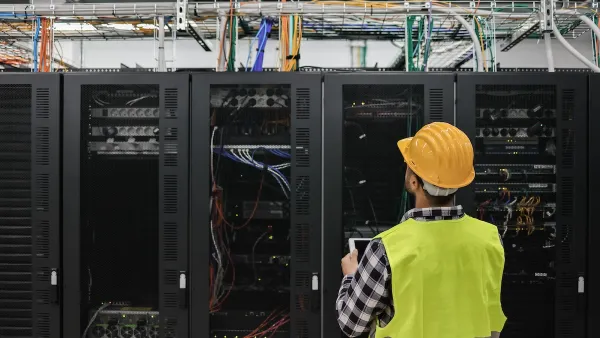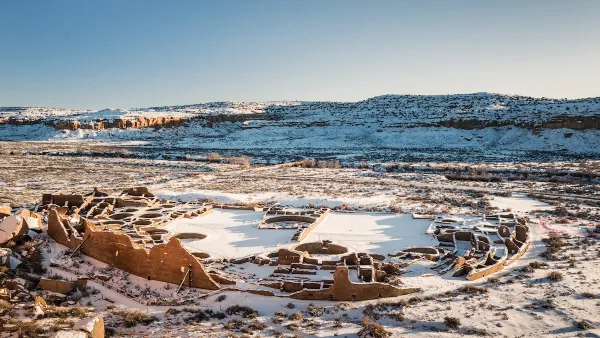A new study by the Reason Foundation evaluates wind power and finds that wind power is limited in practice due to the increased need for power storage, the decrease in grid reliability, and the increased operating costs.
"Environmentalists advocate wind power as one of the main alternatives to fossil fuels, claiming that it is both cost effective and low in carbon emissions. This study seeks to evaluate these claims," according to the Reason Foundation study authors William J. Korchinski and Julian Morris.
The report concludes, "The analysis presented here demonstrates that there is a tradeoff. At low wind penetrations, there is very little impact on CO2 emissions. As wind penetrations increase, the grid requires increasing amounts of spinning reserves to maintain reliability. At high wind penetrations, even large amounts of power storage cannot prevent significant (and expensive) wind dumping. The already high cost of wind power increases with the construction of storage facilities, and the cost to construct extra wind turbines, which will be dormant during periods of wind dumping."
The full report, "The Limits of Wind Power" (PDF, 2MB) is also available.
FULL STORY: The Limits of Wind Power

National Parks Layoffs Will Cause Communities to Lose Billions
Thousands of essential park workers were laid off this week, just before the busy spring break season.

Retro-silient?: America’s First “Eco-burb,” The Woodlands Turns 50
A master-planned community north of Houston offers lessons on green infrastructure and resilient design, but falls short of its founder’s lofty affordability and walkability goals.

Delivering for America Plan Will Downgrade Mail Service in at Least 49.5 Percent of Zip Codes
Republican and Democrat lawmakers criticize the plan for its disproportionate negative impact on rural communities.

Test News Post 1
This is a summary

Test News Headline 46
Test for the image on the front page.

Balancing Bombs and Butterflies: How the National Guard Protects a Rare Species
The National Guard at Fort Indiantown Gap uses GIS technology and land management strategies to balance military training with conservation efforts, ensuring the survival of the rare eastern regal fritillary butterfly.
Urban Design for Planners 1: Software Tools
This six-course series explores essential urban design concepts using open source software and equips planners with the tools they need to participate fully in the urban design process.
Planning for Universal Design
Learn the tools for implementing Universal Design in planning regulations.
EMC Planning Group, Inc.
Planetizen
Planetizen
Mpact (formerly Rail~Volution)
Great Falls Development Authority, Inc.
HUDs Office of Policy Development and Research
NYU Wagner Graduate School of Public Service





























